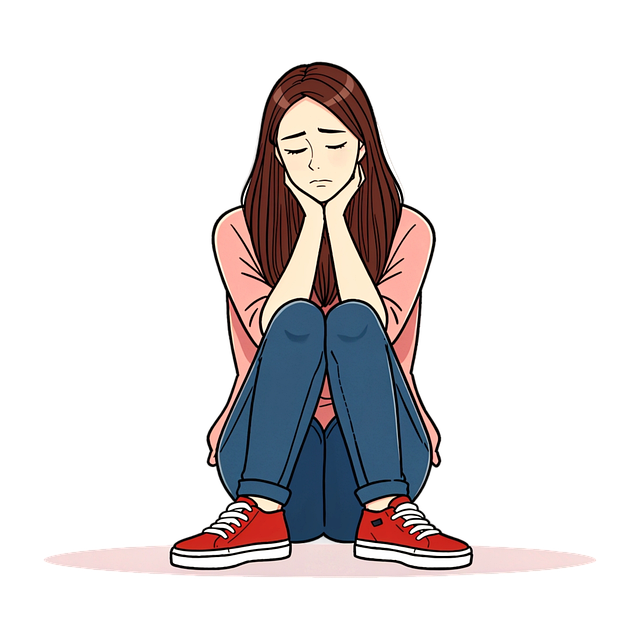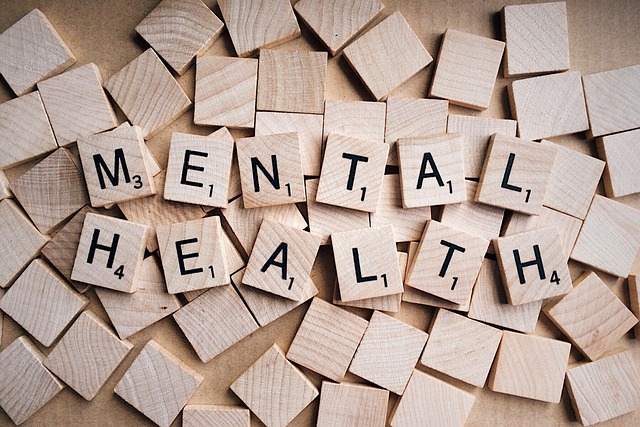Arvada residents with drug abuse or mental health issues find specialized support through effective therapy options, including Social Skills Training integrated with Substance Abuse Therapy. This holistic approach combines techniques like Mindfulness Meditation and Trauma Support to address social interaction challenges, reduce stress, and improve communication skills. By empowering individuals to overcome barriers and build supportive relationships, this model facilitates successful reintegration into the community and lasting recovery from substance abuse.
Social skills training is a powerful tool for improving mental health outcomes, especially among individuals struggling with substance abuse in Arvada. This article delves into the intricate relationship between social skills and mental well-being, highlighting challenges faced by those with conditions like anxiety or depression in social settings. We explore effective strategies for social skills development, focusing on tailored programs integrated into Substance Abuse Therapy in Arvada to enhance recovery and overall quality of life.
- Understanding the Link Between Social Skills and Mental Health
- Identifying Challenges in Social Interaction for Individuals with Mental Health Conditions
- Strategies for Effective Social Skills Training
- Integrating Social Skills Training into Substance Abuse Therapy in Arvada
Understanding the Link Between Social Skills and Mental Health

Identifying Challenges in Social Interaction for Individuals with Mental Health Conditions

Individuals with mental health conditions often face unique challenges when it comes to social interaction due to symptoms and co-occurring disorders like Arvada Drug Abuse-Substance Abuse Therapy. This can make everyday conversations and social gatherings both daunting and overwhelming. For instance, anxiety disorders may cause individuals to avoid social situations altogether, leading to isolation and a deterioration in mental wellness. On the other hand, mood disorders such as depression can impact an individual’s ability to initiate or maintain eye contact, which is crucial for building rapport.
Furthermore, psychotic symptoms like hallucinations or delusions might make it difficult for one to interpret social cues accurately, potentially resulting in inappropriate responses or misunderstandings. Social Skills Training, incorporating practices like Mindfulness Meditation, can empower these individuals by teaching them how to recognize and navigate these challenges. The goal is to enhance their overall mental wellness and improve their ability to engage in meaningful social interactions.
Strategies for Effective Social Skills Training

Social Skills Training plays a pivotal role in managing mental health conditions, offering a structured approach to enhancing communication and interaction abilities. One effective strategy is role-playing scenarios that replicate real-life situations, enabling individuals to practice responses and gain confidence. This technique allows them to navigate social cues, improve empathy, and develop appropriate reactions to various social prompts, fostering better relationships and reducing anxiety in social settings.
Additionally, incorporating Stress Reduction Methods and Emotional Regulation techniques within the training can significantly benefit participants. By teaching mindfulness exercises and cognitive-behavioral strategies, individuals gain tools to manage stress, control emotional reactions, and improve their overall Mental Wellness. These skills empower them to approach social interactions with a calmer mindset, fostering more meaningful connections while mitigating potential triggers for mental health challenges, such as those often addressed in Arvada Drug Abuse-Substance Abuse Therapy programs.
Integrating Social Skills Training into Substance Abuse Therapy in Arvada

In Arvada, integrating Social Skills Training into Substance Abuse Therapy is a comprehensive approach to addressing drug abuse and mental health conditions. This method acknowledges that effective recovery involves more than just treating symptoms; it focuses on rebuilding social connections and enhancing communication skills. By combining evidence-based practices like Mindfulness Meditation with Trauma Support Services, this integrated model prepares individuals for successful reintegration into their communities.
Arvada’s Community Outreach Program Implementation plays a pivotal role in this process, fostering an environment where participants can practice new skills in real-world settings. This hands-on approach, coupled with tailored therapy sessions, empowers individuals to overcome social barriers, reduce stress, and cultivate supportive relationships—all essential components for lasting recovery from substance abuse.
Social skills training is a powerful tool for enhancing mental health outcomes, especially for individuals navigating substance abuse therapy in Arvada. By addressing social interaction challenges, this comprehensive approach can foster better relationships, improve coping strategies, and promote overall well-being. Integrating these training programs into Arvada Drug Abuse-Substance Abuse Therapy services ensures a holistic treatment plan, empowering clients to build a supportive network crucial for long-term recovery and improved mental health.









